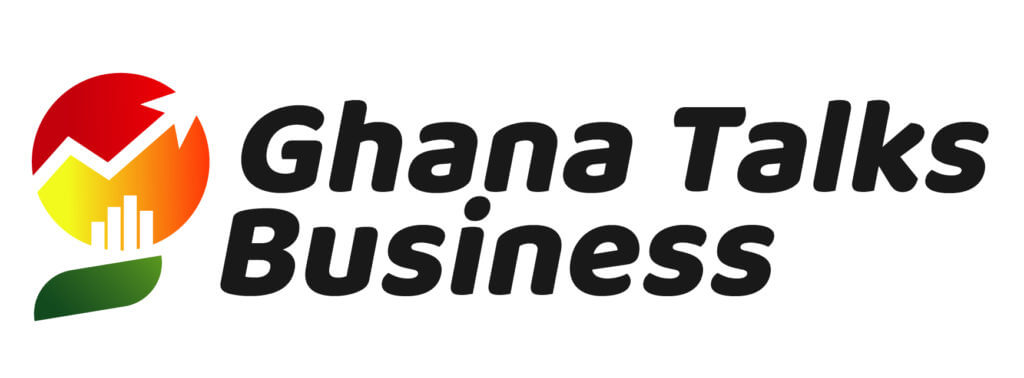In 2017, the Government of Ghana hinted at the establishment of a National Development Bank. The institution will provide innovative and long-term financing instruments for specific sectors of the economy, particularly, the agriculture and industrial sectors.
In October of 2020, the World Bank Board of Executive Directors approved US$250 million from the International Development Association (IDA) to support the establishment of the National Development Bank also known as the Development Bank of Ghana (DBG). This will boost job creation for 10,000 enterprises in key sectors including agribusinesses, manufacturing, and high-value services as well as increase access to long term finance.
The World Bank Country Director for Ghana, Sierra Leone, and Liberia, Pierre Laporte said “By offering long-term wholesale financing, credit guarantees, and other services, the Ghana Development Finance project will help increase overall lending to priority sectors and market segments.”
“The project is aligned with government priorities outlined in the Coordinated Programme of Economic and Social Development Policies and is an integral part of the World Bank Group’s efforts to promote sustainable growth in Ghana,” he further said.
At a press briefing on Sunday, May 9, to address the concerns raised through the #FixTheCountry campaign, the Minister of Finance, Ken-Ofori Atta said “By the end of July, we will have a National Development Bank capitalized with over US$500 million that will provide long-term wholesale financing to the private sector through the commercial banks.”
ALSO READ: World Bank supports the establishment of the Development Bank Ghana
Establishment of National Development Bank – What this means
According to the World Bank, the establishment of the National Development Bank will “provide financial services to about 10,000 enterprises, including 2,000 women-led MSMEs, and therefore contribute to economic growth and diversification.” The long-term financing is however particularly geared towards Micro, Small, Medium, and Enterprises (MSMEs) in the agriculture and manufacturing sectors.
Also, the establishment of the National Development Bank is to finance multiple interventions to leverage private sector financing. Carlos Vicente, World Bank Senior Financial Sector Economist said “These interventions will include the establishment of a Partial Credit Guarantee facility and a digital financing platform to leverage private sector financing by making it more efficient and less risky for private financiers to lend to MSMEs.”
Another Development Bank?
The question however is, we already have the National Investment Bank (NIB) and the Agricultural Development Bank (ADB). These two banks were set up decades ago under similar mandates; to provide financing facilities for industry and Agric. They have been in operations since. Have they adequately fulfilled their mandates, and what has changed?
Do we as a nation need another Development bank? When we have two working institutions with the prime mandates to do just that. Time and posterity will be the ultimate judges.





